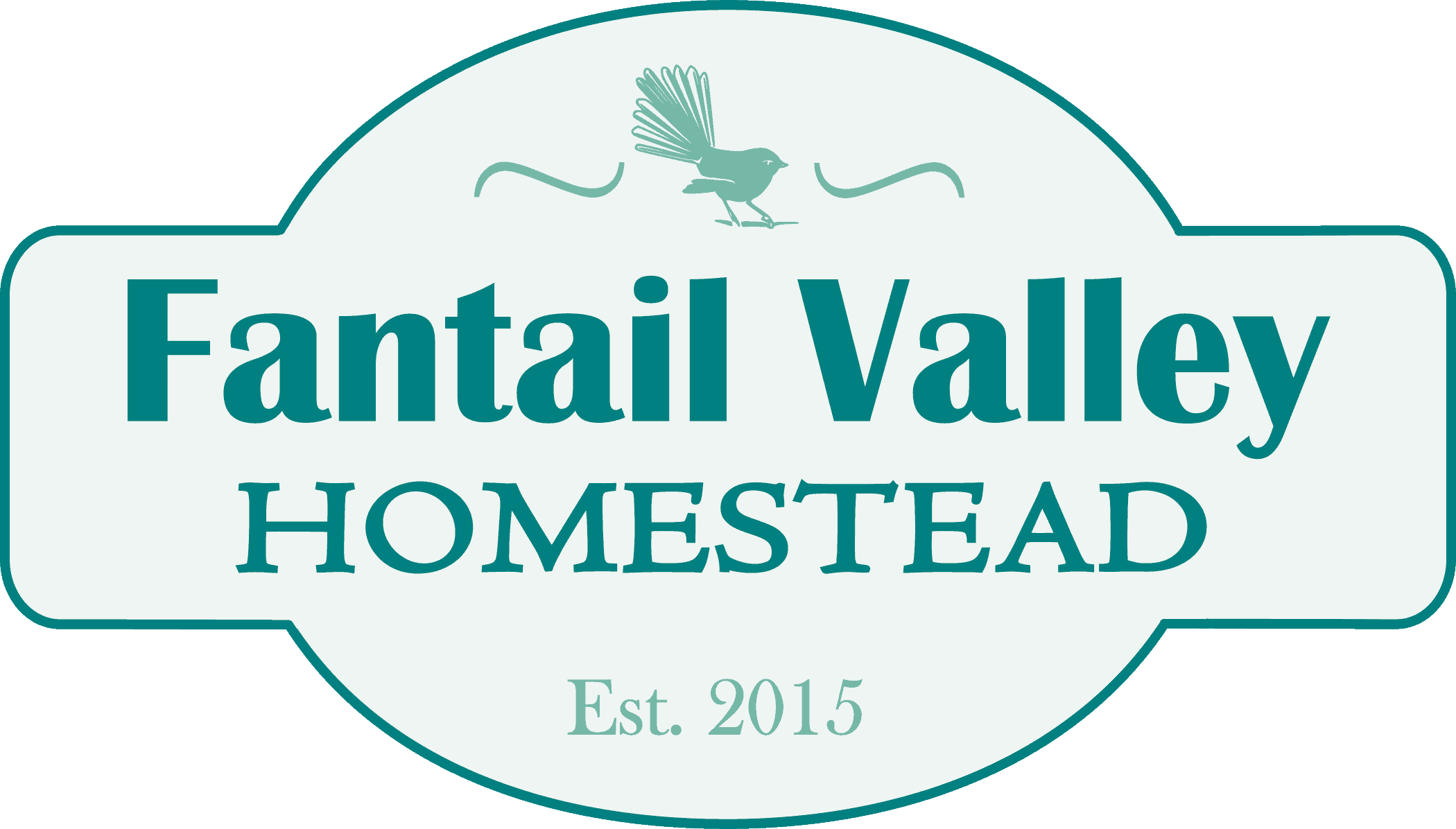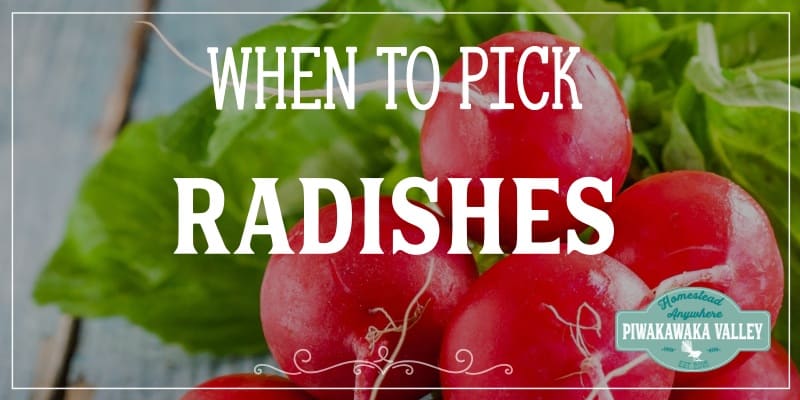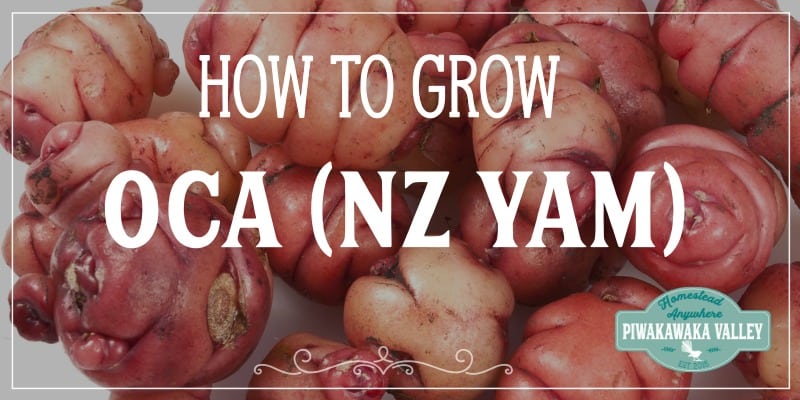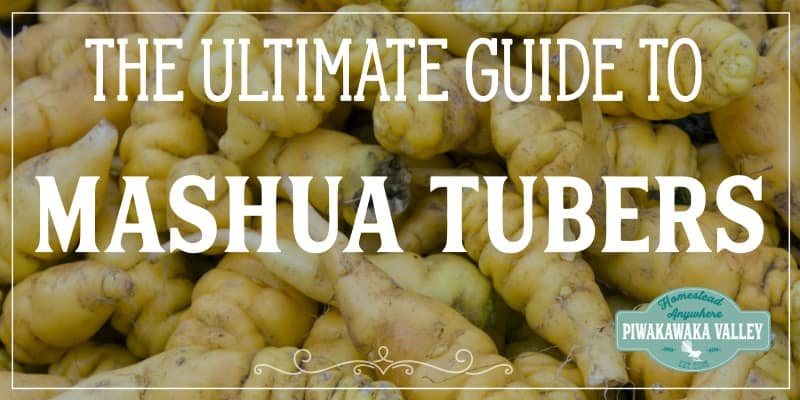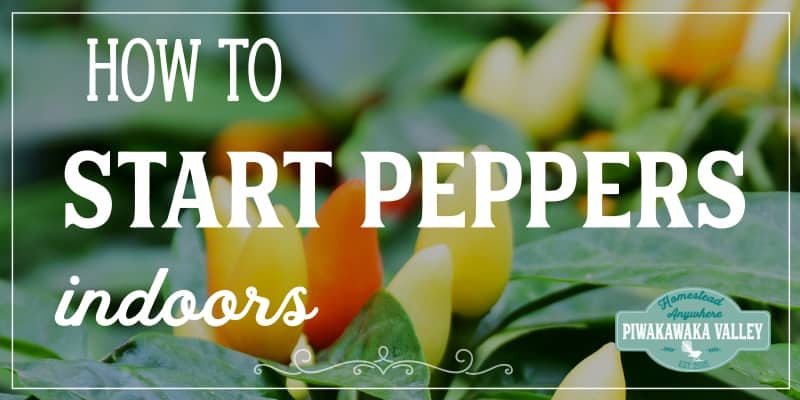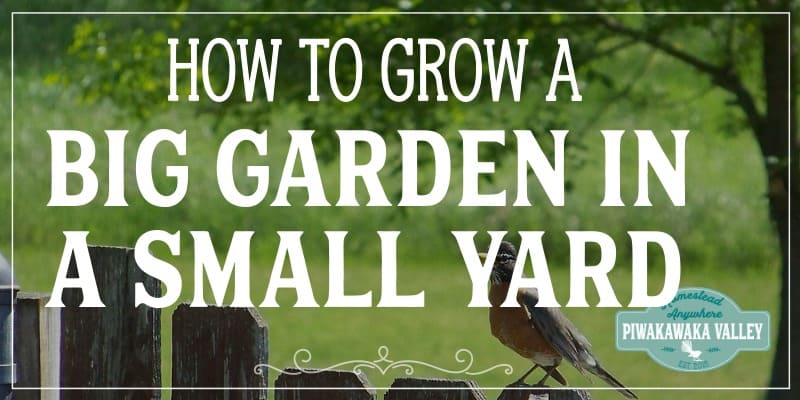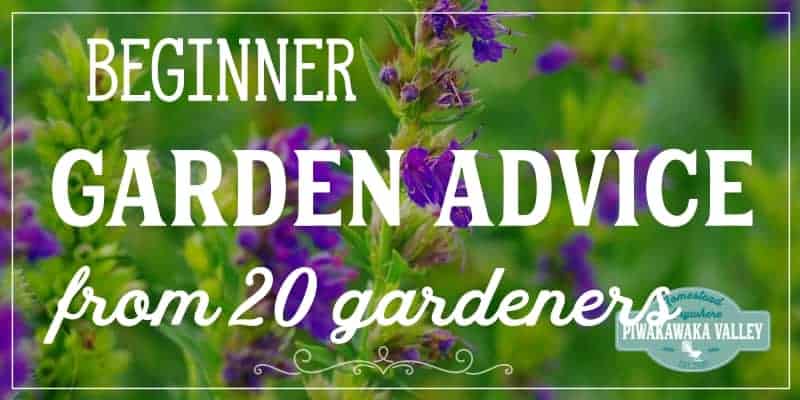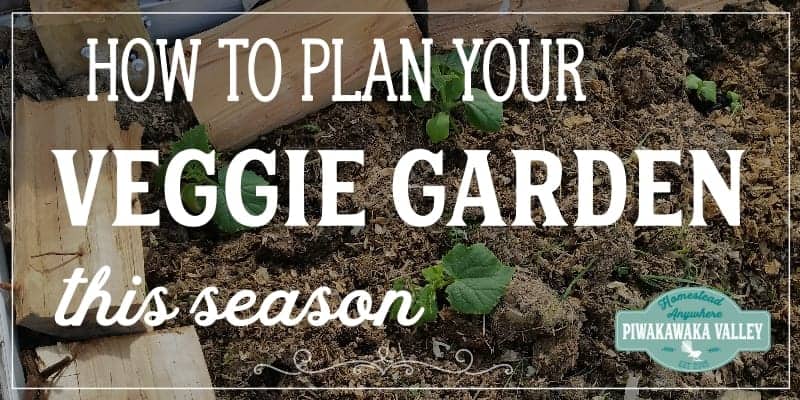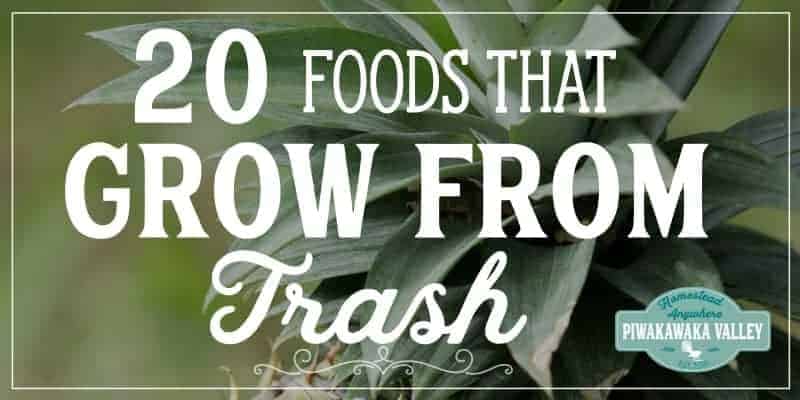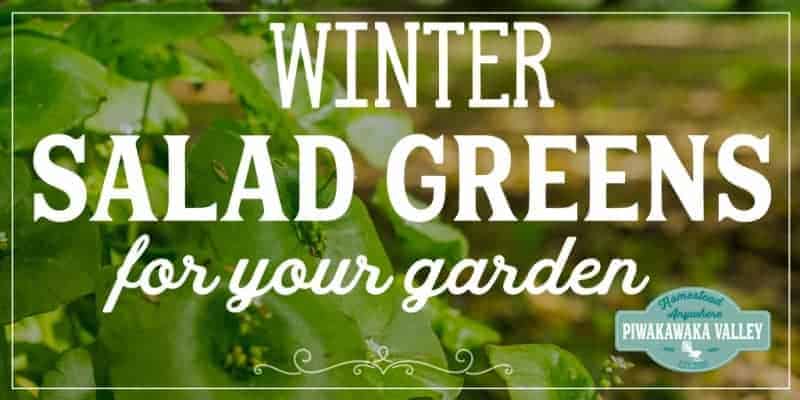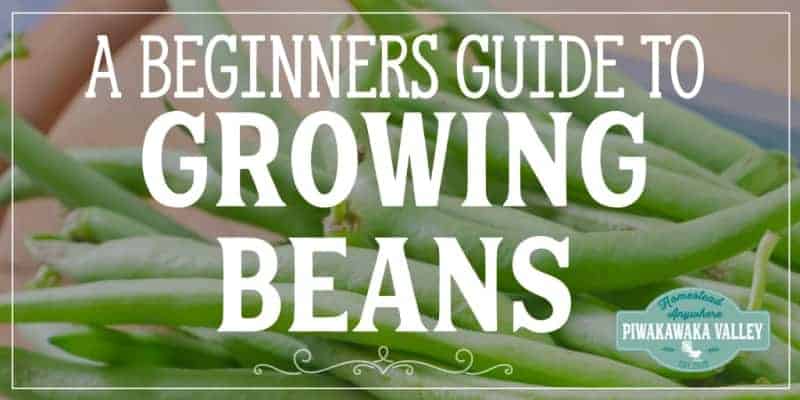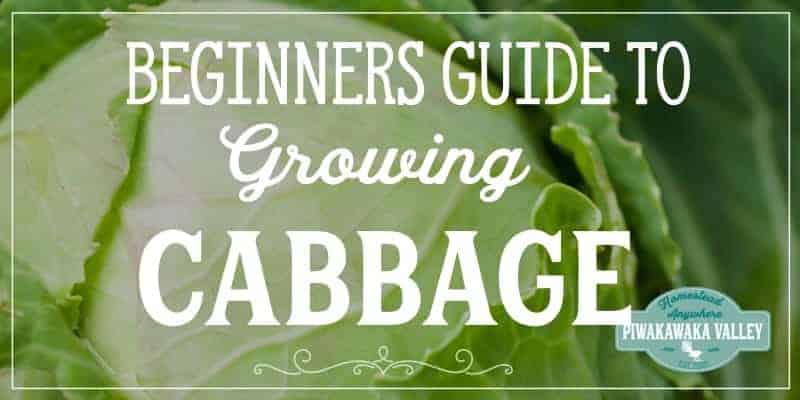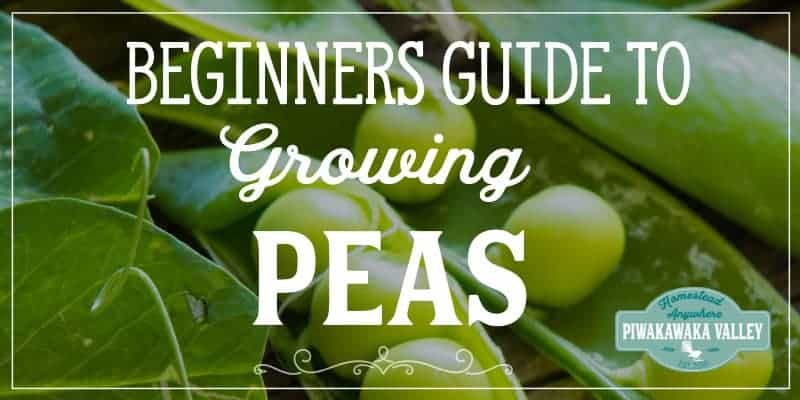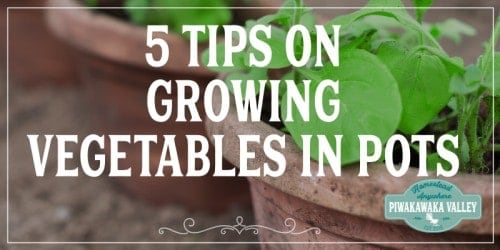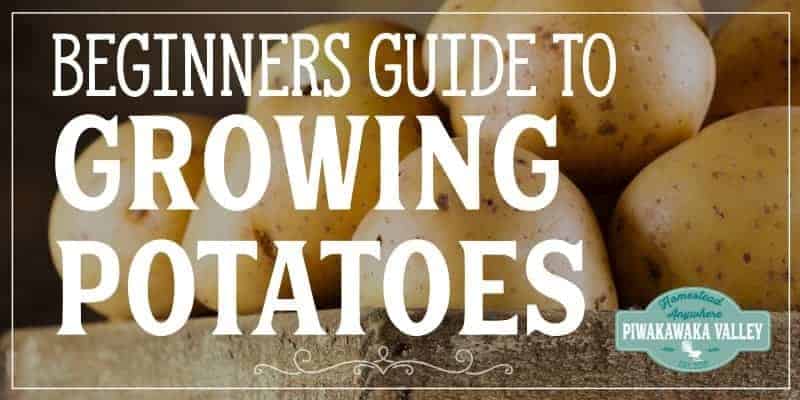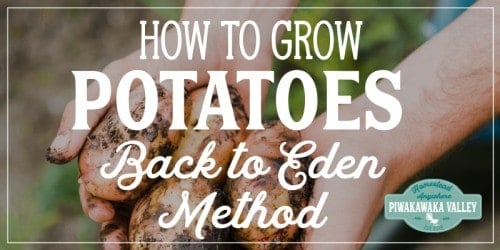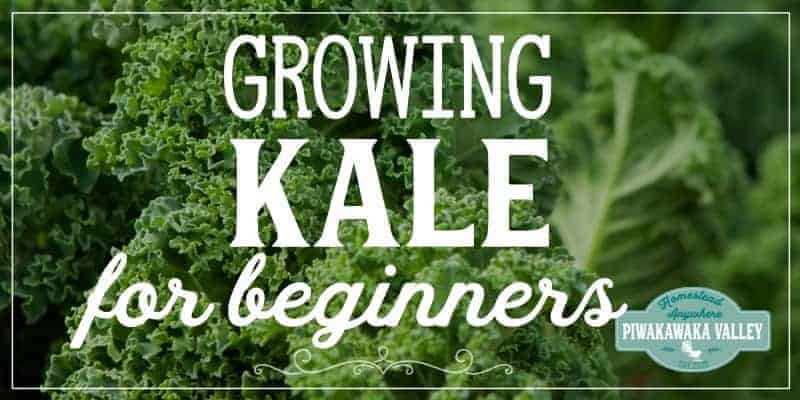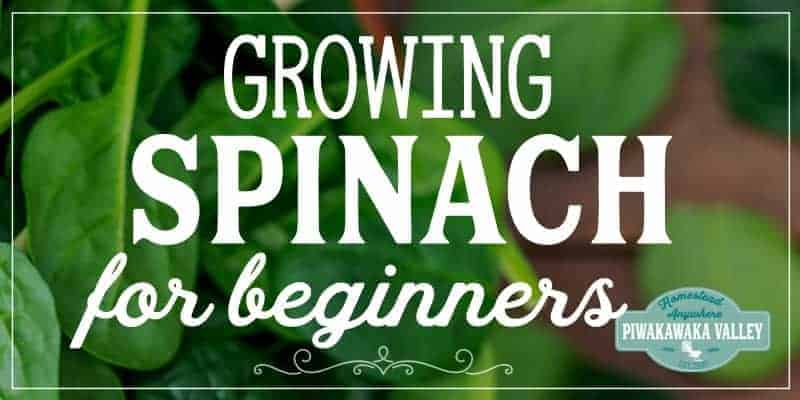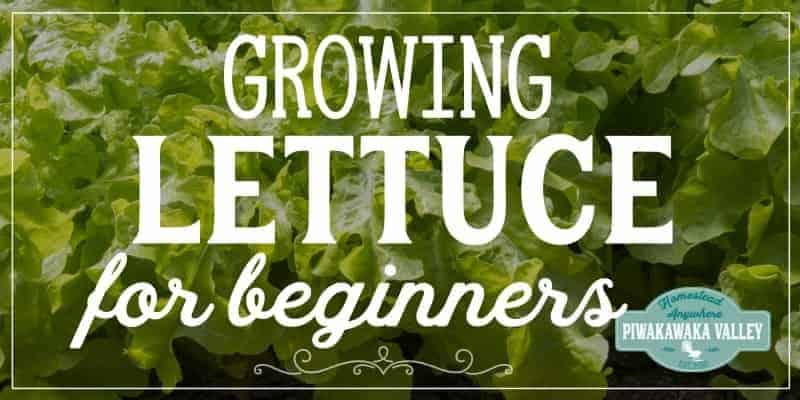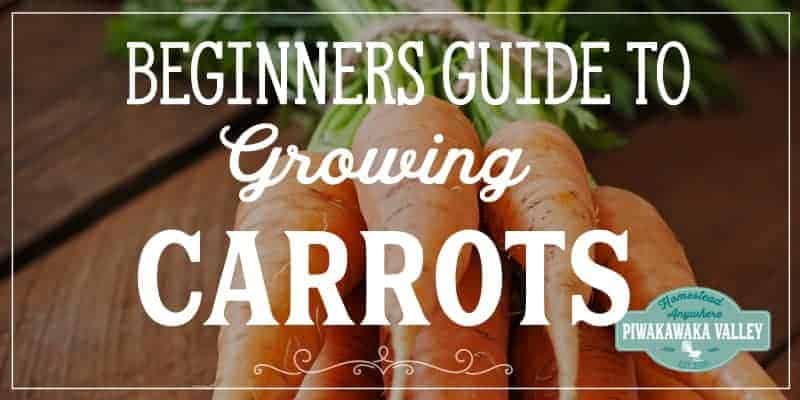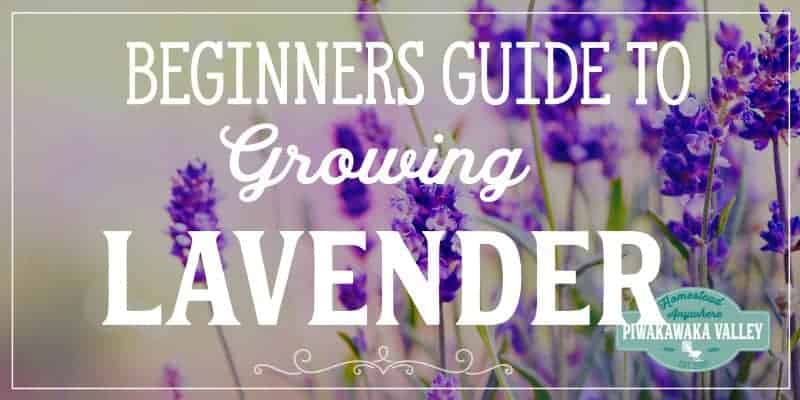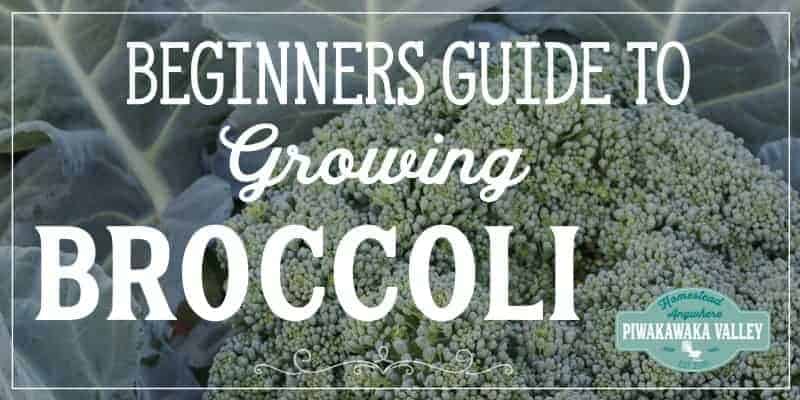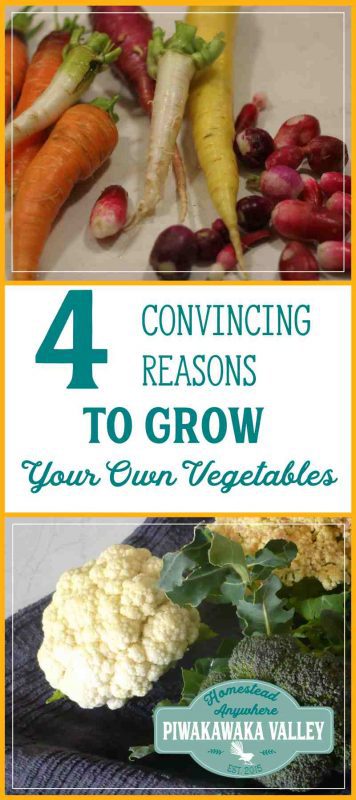This post was most recently updated on March 10th, 2021
Why should you grow your own vegetables?
Please read: This information is provided for educational purposes only and is not intended to treat, diagnose or prevent any disease. We encourage you to make your own health care decisions in partnership with a qualified health care professional.
This post contains affiliate links, this means at no extra cost to you, we make a commission from sales. Please read our Disclosure Statement
There are many reasons people give for growing your own vegetables, but the main reason for you to grow your own vegetables is so that you will always have food security.
I have to be honest, I love my vegetable garden. I love to grow my own vegetables, I love the feeling of feeding the family with home grown food, out of my own vegetable garden.
It is the I-go- through-withdrawal-when-I-don’t-have-one kind of love. But it wasn’t always that way. The thought of dirt under my nails used to repulse me.
But you too, can develop a love for a vegetable garden if you give it a chance. Growing your own vegetables gives you some food security, knowing that you can grow food if anything was to go wrong with our current food supply system.
Why you should grow your own vegetables
If you are not sure why you should grow your own vegetable garden let me help convince you!
1) The vegetables taste better.
Really really way better. As soon as a plant is picked it starts losing freshness, sweetness and vitality.
Think then how much better a plant that was literally living 30 minutes before it is served up is than one that was picked unripe, stored in a cool store for months and then falsely ripened with ethylene gas. Mmm tasty.
RELATED: How to grow THE BEST tomatoes
2) The vegetables are cheaper.
Take the basic broccoli for example, at the moment where I live one little head of broccoli costs $2.89.
They are tiny, and half wilted. For that price you can buy a packet of 100 seeds and grow 100 plants, or even buy one 6-pack punnet of baby plants and grow 6 for that price. Safe to say we aren’t buying broccoli from the store at the moment.
There is a cheap way and an expensive way to garden. Buying in compost and building fancy garden beds will increase the cost, but they can be considered and investment in to your family’s health.
However, you can learn to make your own compost for free, use chicken poo on the garden as fertiliser and check out the real benefits and ways to make raised beds.
3) You know what goes into your food.
I haven’t even checked what price organic broccoli is at the moment, but I do know the ones in the shops are sprayed with chemical fertilizers and bug sprays to keep them aphid and caterpillar free.
At home my broccoli is organic, I have a small enough garden to net them to keep the butterflies off, and can spray with baking soda or garlic if I get aphids.
I try to buy heirloom varieties – they have a higher nutrient content and taste much nicer than commercial varieties.
RELATED: Garlic and neem oil organic spray recipe
4) Gardening is very rewarding.
Yes we all have crops that fail sometimes (even my mother in law who has not only green thumbs but green fingers and toes).
Being out in the sunshine, connecting with the earth, breathing the fresh air, the bending/stretching/lifting, pride in feeding yourself/family/friends, having something to barter with – take your pick, they are all good things.
5) Food security
Nothing in this world is really guaranteed, we take our food security for granted. Our modern food system is at best 3 days away from being out of stock. It is a fragile and unreliable system that works when it works, but has the possibility for very hungry people very quickly when things go wrong.
This is why I recommend that you stock a homestead pantry, and learn to become self sufficient as much as possible, even if you live in the city.
You can grow vegetables in containers, or even just learn to preserve food that you buy.
While you might not be able to grow enough to feed your family totally, it might be the difference between getting through an emergency and not being very hungry!
If I have convinced you to grow your own vegetables but need help to get started, let me help you!
Or if you already have a garden under way, have a read over our gardening resources page.
Becoming more self reliant and self sufficient really does include growing your own vegetables. Whether you decide to grow your own veggies in a vegetable garden, amongst the flower garden or even in pots, it is worth learning how to grow your own food.
Some vegetables I have grown over the years:
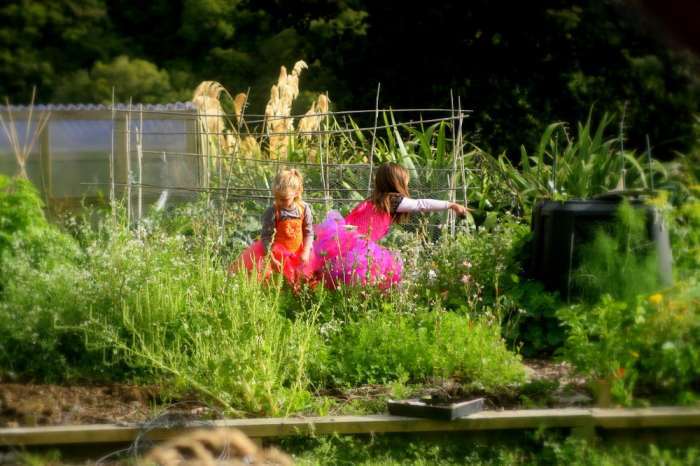
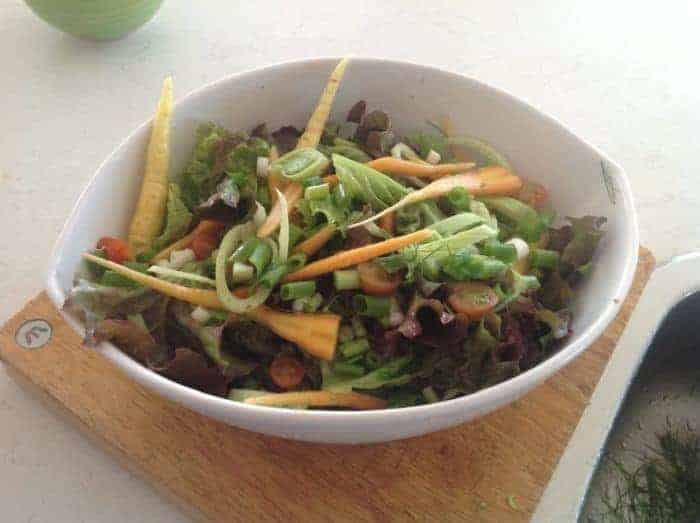
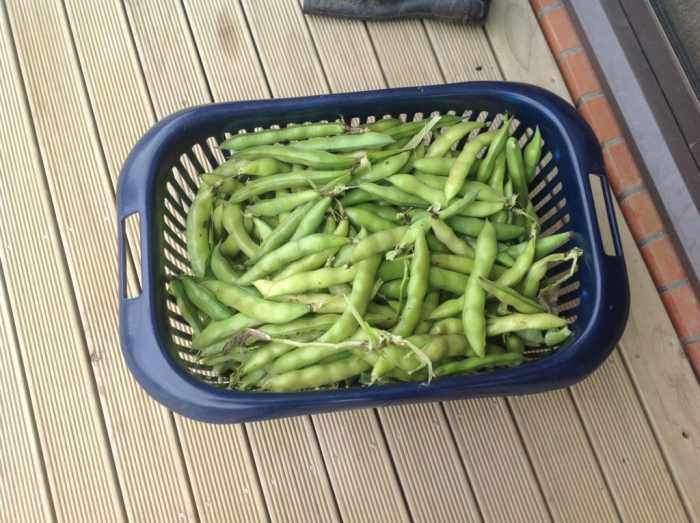
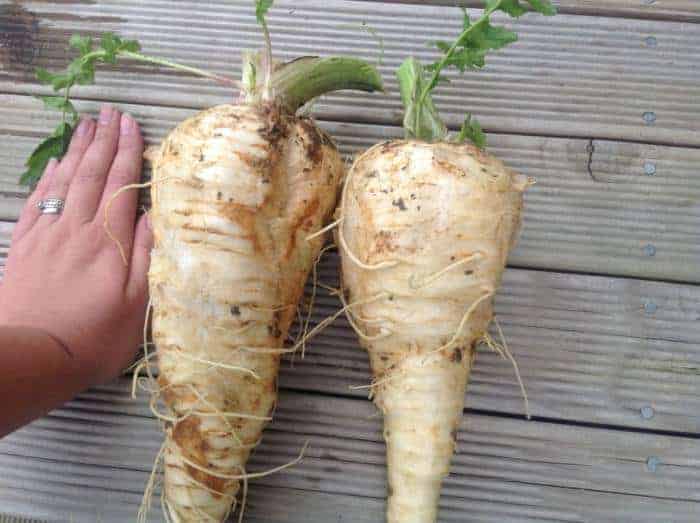
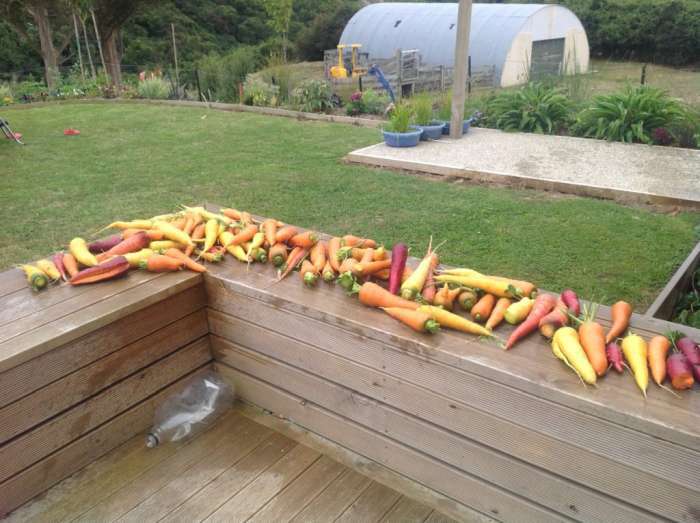
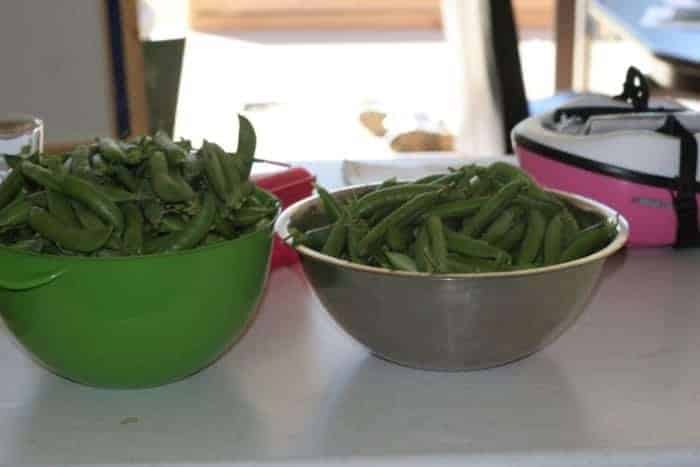
What vegetables do you grow? Please let me know in the comments below!
If you would like help getting the most out of your garden, I would love to help you, find out more here
RELATED: Free Gardening Resources
If you like tips on frugal living, self sufficiency and consuming less, sign up to our newsletter below, I would LOVE to have you
For further reading, I also recommend all of these books. I own every one of them and they are amazing resources!
Please Pin and Share with your friends and family!
